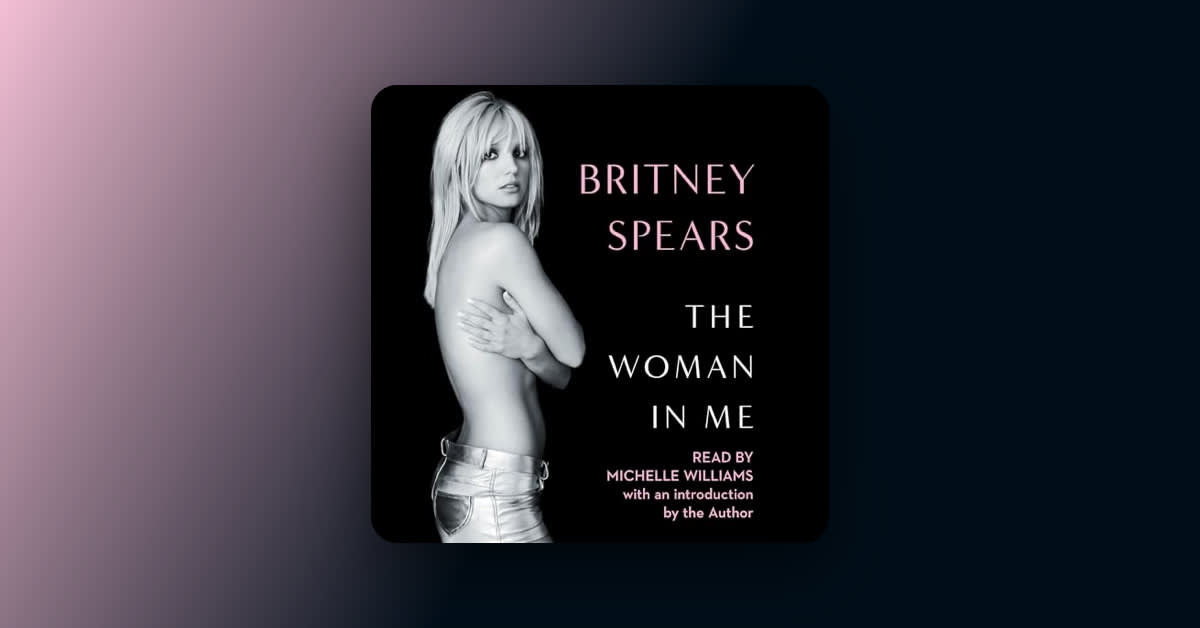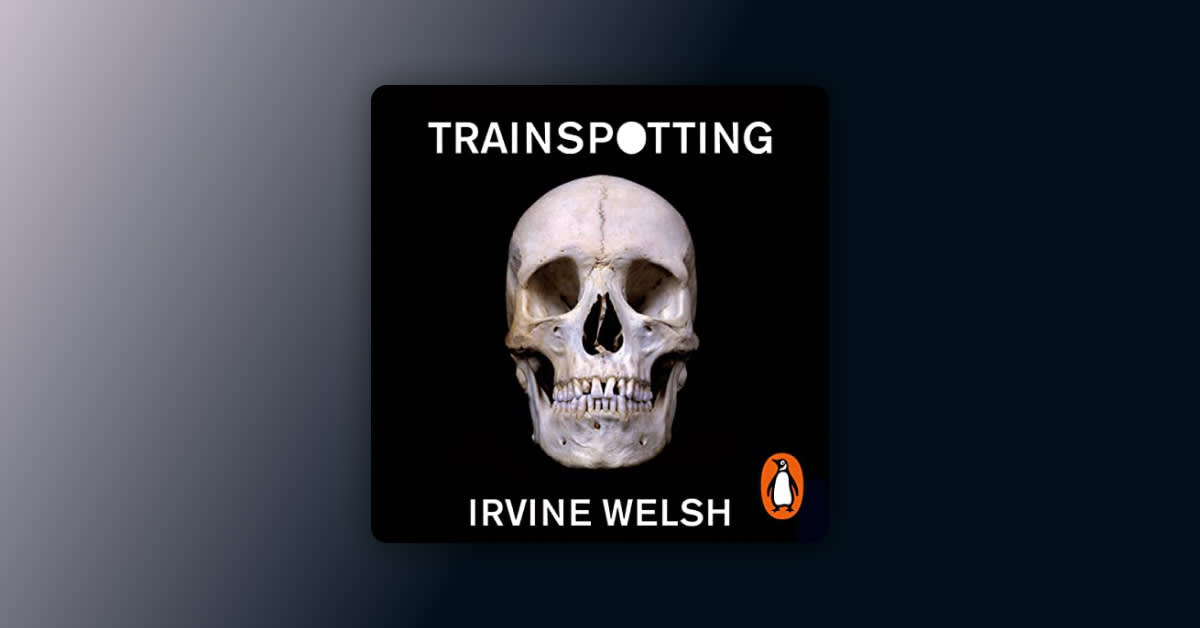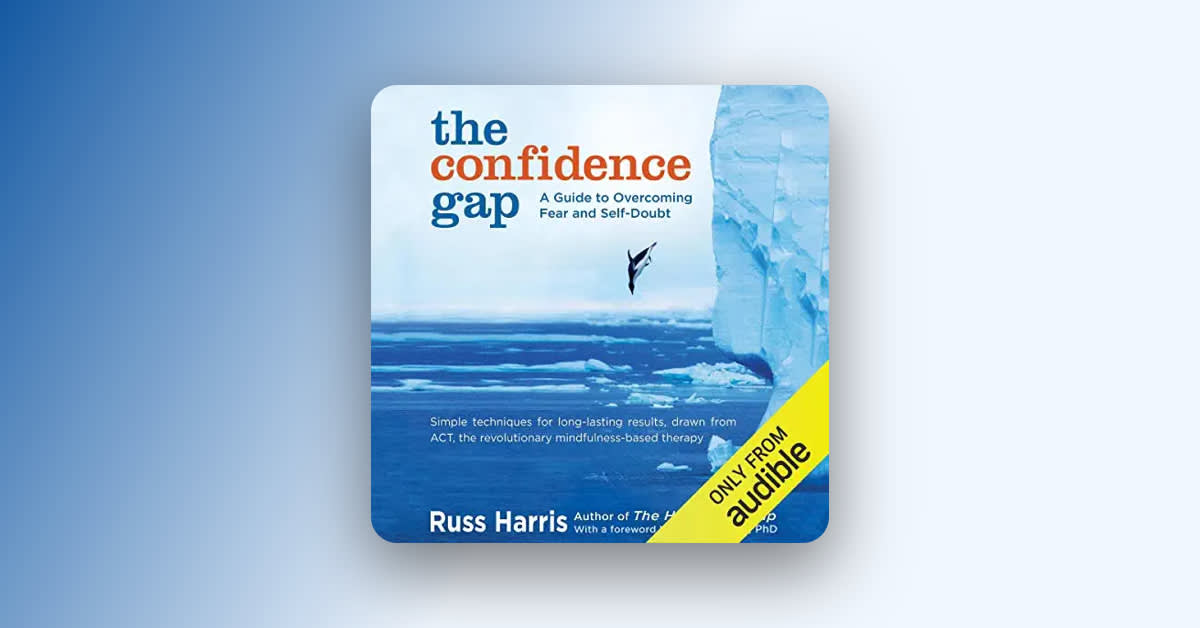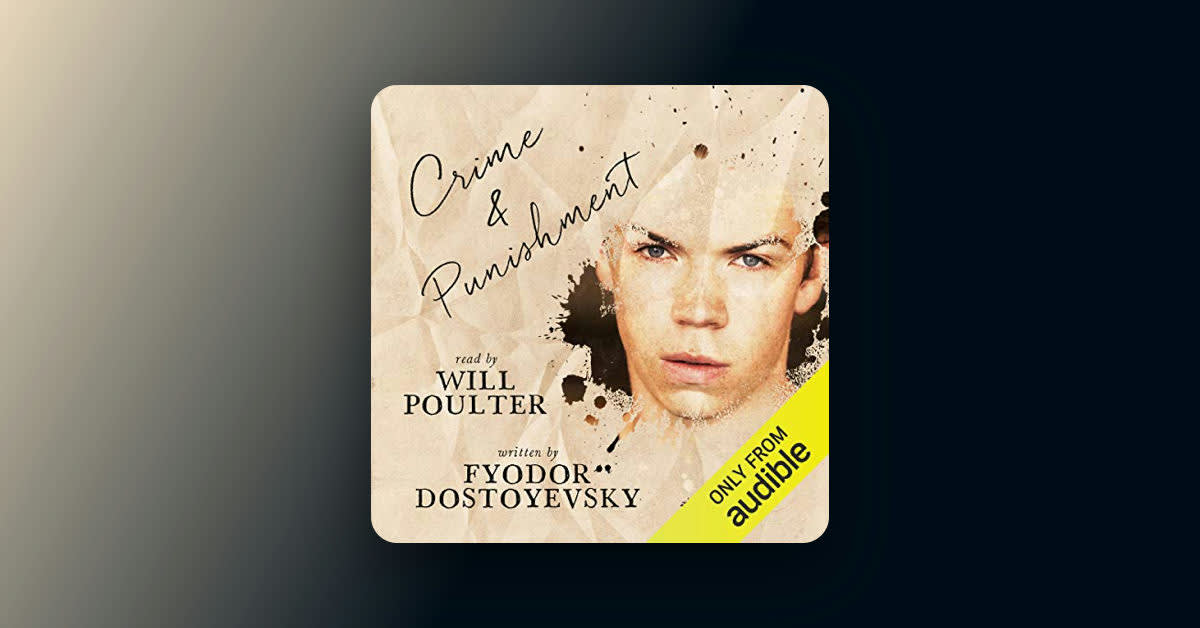Why it's essential
Kushner’s incomparable Pulitzer-winning play examines the AIDS crisis in Reagan-era America through a fantastical lens.
What is Angels in America about?
An enduring and critical piece of American theatre, Tony Kushner’s Angels in America paints a transcendent portrait of New York City at the peak of the AIDS epidemic. The play explores a wide range of national themes while delivering electric scenes of suspense at the hands of apocalyptic angels and haunting harbingers of death.
Editor's review
Specializing in curation, editor Haley is obsessed with memoirs, music, and all things macabre, as well as alliterations and making lists of her favorite listens.
When the final night of the revival of Tony Kushner’s Angels in America closed in New York City, I was so disappointed that I had let the opportunity to attend a live performance of the epic production slip through my fingers. Lucky for me, this electric recording is a transcendent listen that gorgeously memorializes all the magic harnessed by the National Theatre’s star-studded cast.
I mean, Andrew Garfield, Nathan Lane, and Lee Pace sharing a stage together—talk about a dream come true! Plus, this recording pairs their performances with flawless narration by Bobby Cannavale and Edie Falco, creating a truly unforgettable audio experience. That being said, it is not only their tremendous talents that make Angels in America such an essential listen, but the script’s larger-than-life characters themselves who make the play an enduring and critical piece of American literature.
Some of Kushner’s characters are fictional, while others are fictionalized representations of real historic figures, such as Roy Cohn, the pugnacious persecutor (played by Nathan Lane), and the ghost of Ethel Rosenberg, whom Cohn infamously sentenced to the electric chair after accusing her of being a Communist spy. Together, they all resurrect a fantastical yet truly haunting portrait of New York City at the peak of the AIDS epidemic.
The setting is Ronald Reagan’s second presidential term, and “nobody is safe in the land of the free,” especially not those infected with HIV. Those dying of AIDS include Prior Walter, an openly gay man (played by Andrew Garfield), and Roy Cohn.
In one of the play’s most memorable moments, Cohn hammers home the fact that despite sleeping with men, he is anything but a homosexual because of the power he holds over others—a telling insight into how being gay was regarded at the time, especially by conservative politicians. Other characters include Louis, Prior’s partner, who, in an attempt to cope with the grim prognosis, abandons his lover for Joe Pitt, a closeted gay Mormon man. Harper Pitt, Joe’s wife, adds fascinating perspective with her spiraling addiction to pills, which lends to the play’s surreal, foreboding nature, evoked throughout by its divine interventions delivered from apocalyptic angels and other haunting harbingers of death.
As the characters’ paths intersect in the typical uncanny ways that New Yorkers’ lives often do, Angels in America explores a fascinating range of topics, covering everything from Mormonism to McCarthyism, liberalism to persecution, global warming to race. Ultimately, there is no denying that “only in America” could Tony Kushner’s masterpiece unfold with the exacting, exhilarating cadence that it carries throughout. Personally, if I had the power to rename the extended title of this work, I would call Angels in America a “Gay Fantasia on Enduring National Themes,” as I find the script resonates with the modern day just as profoundly every time I revisit it. It is truly one of my greatest pleasures to be able to plug in my headphones and feel Kushner’s living, breathing characters walking beside me whenever I pass by the Bethesda Fountain in Central Park.
Did you know?
Tony Kushner found the idea for Angels in America when he dreamed that one of his former classmates was visited by an angel while dying from AIDS.
The play was originally staged on Broadway as two standalone works, Millennium Approaches and Perestroika. The productions opened six months apart and both won the Tony Award for Best Play in 1993 and 1994, respectively.
Scenes from the play—selected for their focus on the experience of living through a plague—were livestreamed in support of the Foundation for AIDS Research’s COVID-19 relief fund in October 2020. Andrew Rannells, Patti Lupone, and Glenn Close all joined the extensively star-studded cast, performing their roles while quarantining from home.
What listeners said
“Thank you for creating this for audio! I saw this over 20 years ago. Wonderful to hear it again. Overwhelming emotions once again!” —Just A Book Person, Audible listener
“I saw the show on Broadway in June 2018 right before it closed. This cast brings Tony Kushner’s iconic work magically, perfectly to life ... I love this Audible production. It’s everything I hoped it would be.” —Sheri, Audible listener
“It must be heard to be believed. I have never been so happy to be wounded.” —Fig, Audible listener
“I loved this performance of my favorite play of all time. The parts are well played with the characters so expressive.” —Seth, Audible listener
“So happy that this has been recorded for posterity. Although I can’t compare to casts in the past as I was not there to witness them, this ensemble was what I pictured all of these years and so am glad to have this to listen to in perpetuity.” —Courtney, Audible listener
Quotes from Angels in America
“Imagination can’t create anything new, can it? It only recycles bits and pieces from the world and reassembles them into visions. So when we think we’ve escaped the unbearable ordinariness and, well, untruthfulness of our lives, it’s really only the same old ordinariness and falseness rearranged into the appearance of novelty and truth.”
“The body is the garden of the soul.”
“All I will say is that I’m a very good man who has worked very hard to become good and you wanna destroy that. You wanna destroy me but I am not gonna let you do that.”
“I wish you would be more true to your demographic profile. Life is confusing enough.”
“I never imagined losing my mind was going to be such hard work.”
Adaptations
In 2003 Angels in America was adapted by HBO into a miniseries, directed by Mike Nichols and starring Al Pacino as Roy Cohn and Justin Kirk as Prior Walter.
About the author
Tony Kushner is an American author, screenwriter, and playwright, best known for his seminal work Angels in America, which earned him a Pulitzer Prize and a Tony Award. His other plays include A Bright Room Called Day, Slavs!, Henry Box Brown or The Mirror of Slavery, and The Intelligent Homosexual’s Guide to Capitalism and Socialism with a Key to the Scriptures, as well as adaptations of Goethe’s Stella, Brecht’s Mother Courage and Her Children, and Ansky’s Yiddish classic Der Dibek. He also wrote the book for the musical Caroline, or Change. In addition to his work for the stage, Kushner contributed screenplays to Steven Spielberg’s Munich, Lincoln, and The Fabelmans, all of which earned him Academy Award nominations, and wrote the script for Spielberg’s remake of West Side Story. In addition, he coauthored the children’s book Brundibar, illustrated by Maurice Sendak. He received the National Medal of Arts in 2013. Kushner grew up in Lake Charles, Louisiana, studied at Columbia University and New York University, and lives in New York.
About the performer
Angels in America is performed by a full-cast of talented actors, including Andrew Garfield, Nathan Lane, Lee Pace, Bobby Cannavale, Edie Falco, Denise Gough, Beth Malone, Susan Brown, James McCardle, and Nathan Stewart-Jarrett.







